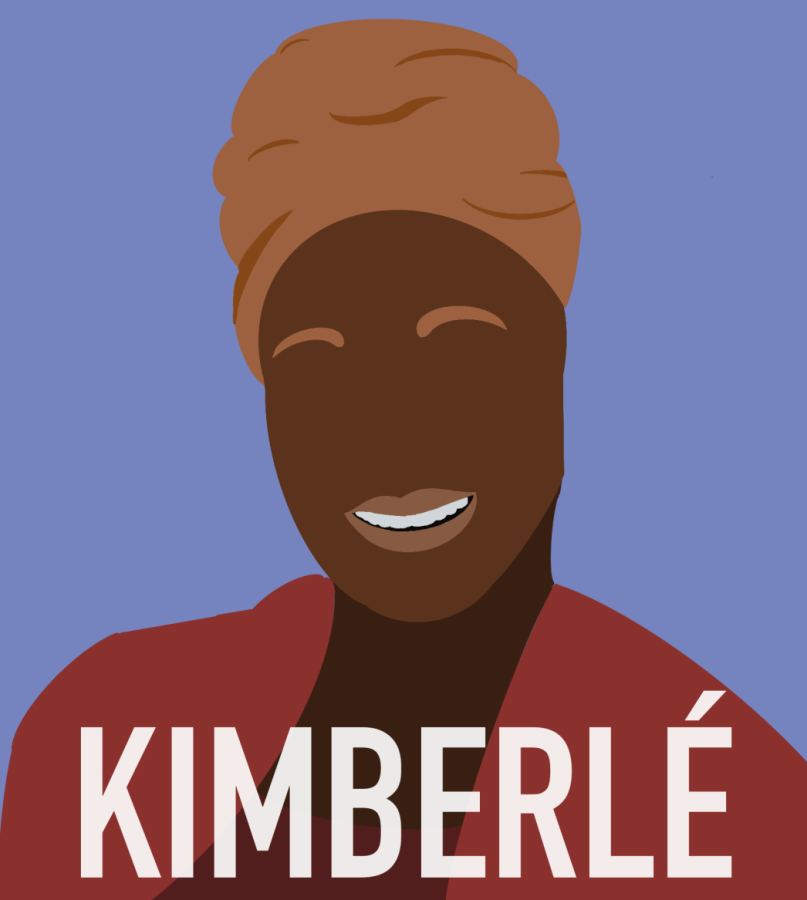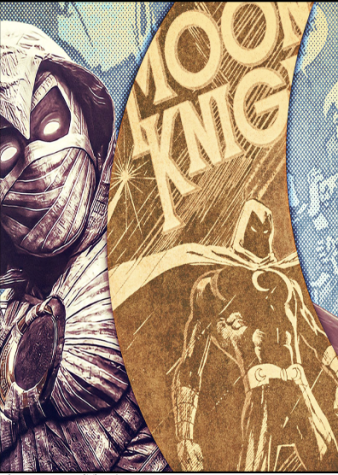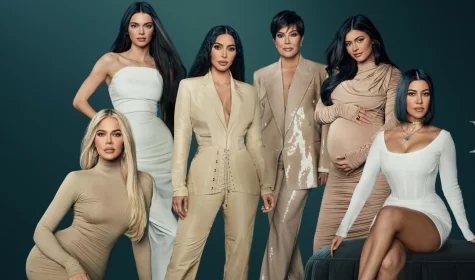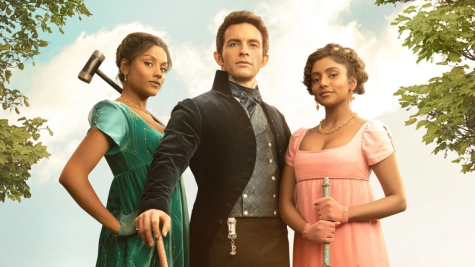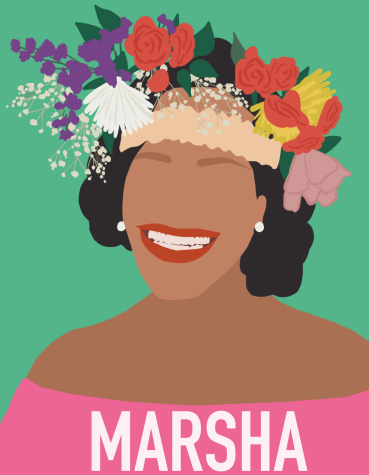Women’s History Month: The vitality of intersectionalism to feminist theory
Every individual comes with their own unique experiences of discrimination and entitlement. A person is shaped by a multitude of factors, with social and political affiliations both contributing to one’s identity.
In 1989, Kimberlé Williams Crenshaw, who is a professor of law at Columbia Law School and UCLA and a civil rights activist for gender and race issues, coined the term intersectionality. Then an obscure concept, intersectionality is the understanding that every individual has their own experiences of discrimination and priviledge. This includes their background of their race, education, sexuality and class, among other equally important factors.
“Intersectionality is a lens through which you can see where power comes and collides, where it interlocks and intersects,” said Crenshaw in June 2017, during an interview with Columbia Law School. “It’s not simply that there’s a race problem here, a gender problem here, and a class or LBGTQ problem there.”
For years, the feminist movement was restricted to white, cisgender and heteronormative females. Efforts were made to improve the standing of white, cisgender straight women whilst at the same time denying the struggles of all other women. This also led to only the struggles of white women being validated. Without acknowledging the discrimination that women of color and LGBTQ+ women face, no forward progress can be made. The racial and gender pay and wealth gap cannot be fixed if this reality is not addressed. While jarring, the sentiment that the term intersectionality is still a radical and leftist idea is widely believed on the right. People on the right view intersectionality as an ideology that strives to completely restructure society by placing nonheteronormative and people of color on top and claim that intersectionalty will place white, cisgender and straight women at the bottom of the societal totem pole. In reality, intersectionality works to validate women of different backgrounds and recognize the unique forms of discrimination they face.
There are those who completely deny the concept of feminism, but there are also self proclaimed feminists that claim that certain women do not deserve the rights they are fighting for. Trans-exclusionary radical feminists dismiss the the fight for for trans womens rights, with a prime example being author of the world-renowned book series Harry Potter, J.K. Rowling. In a 2020 tweet, Rowling commented on an op-ed regarding creating a more equal world for people who menstruate, stating, “‘People who menstruate.’ I’m sure there used to be a word for those people. Someone help me out. Wumben? Wimpund? Woomud?” This statement attempts to falsify the idea that those who are not women also menstruate, targeting those who do not fit social norms, especially transgender men and women. Leaving behind certain women for being less than society’s ideals does absolutely nothing to advance women’s rights and actually brings the fight for gender equality nowhere. The neglect of a person’s humanity and rights simply because they do not fit a certain set of requirements stains and brings the entire movement down.
Until all women, regardless of gender identity, race, sexuality, education, disability, gender, age, culture, language and class are given equal importance, there will be no equality.



